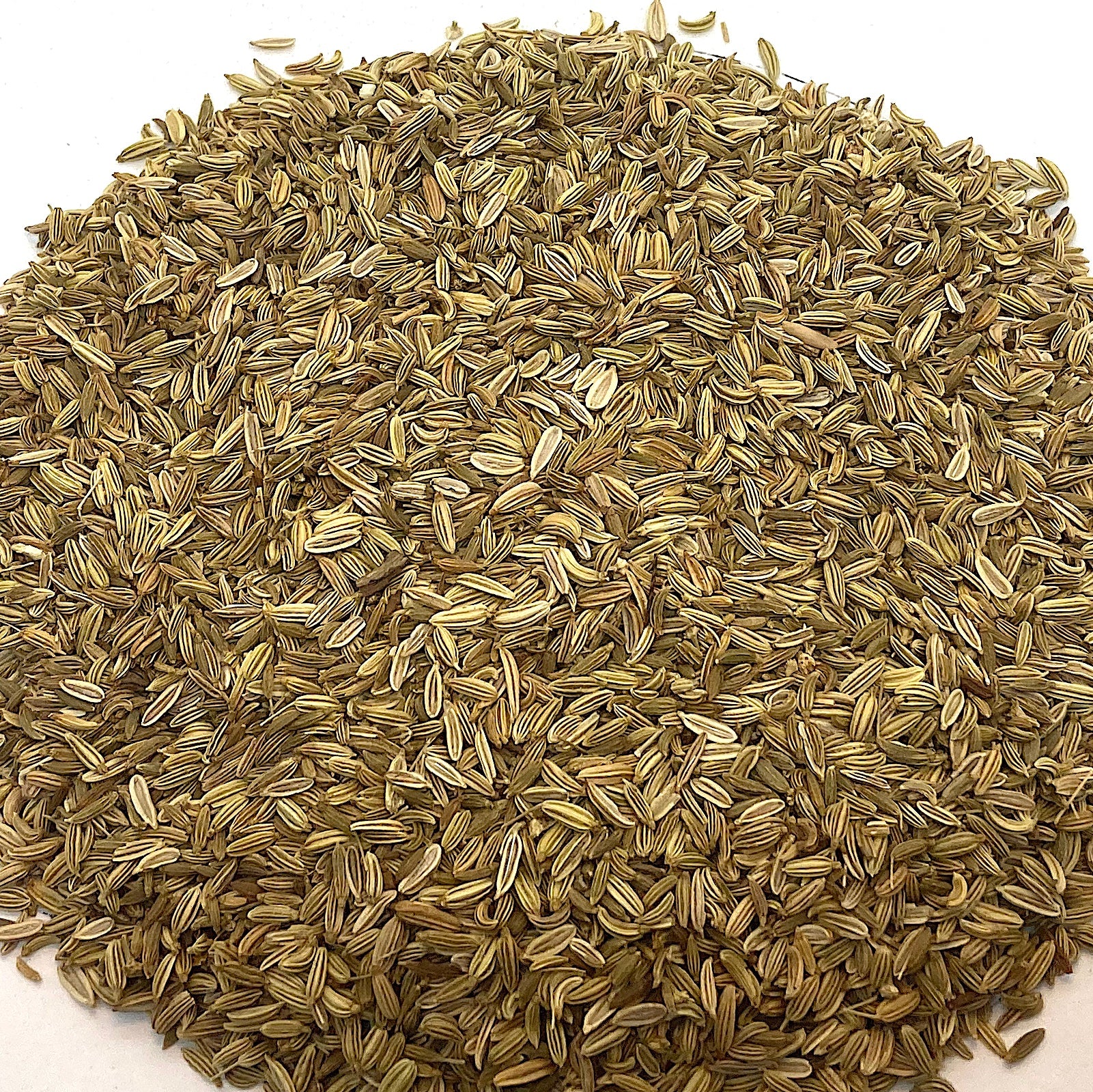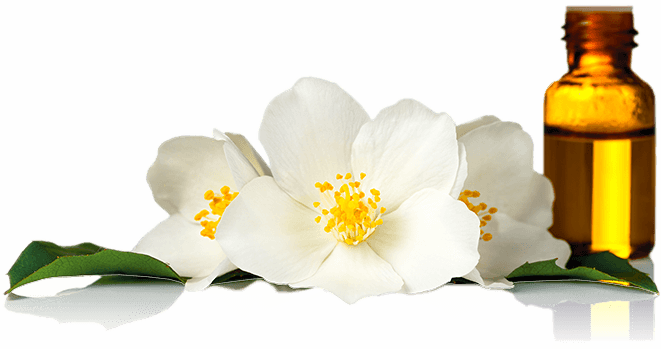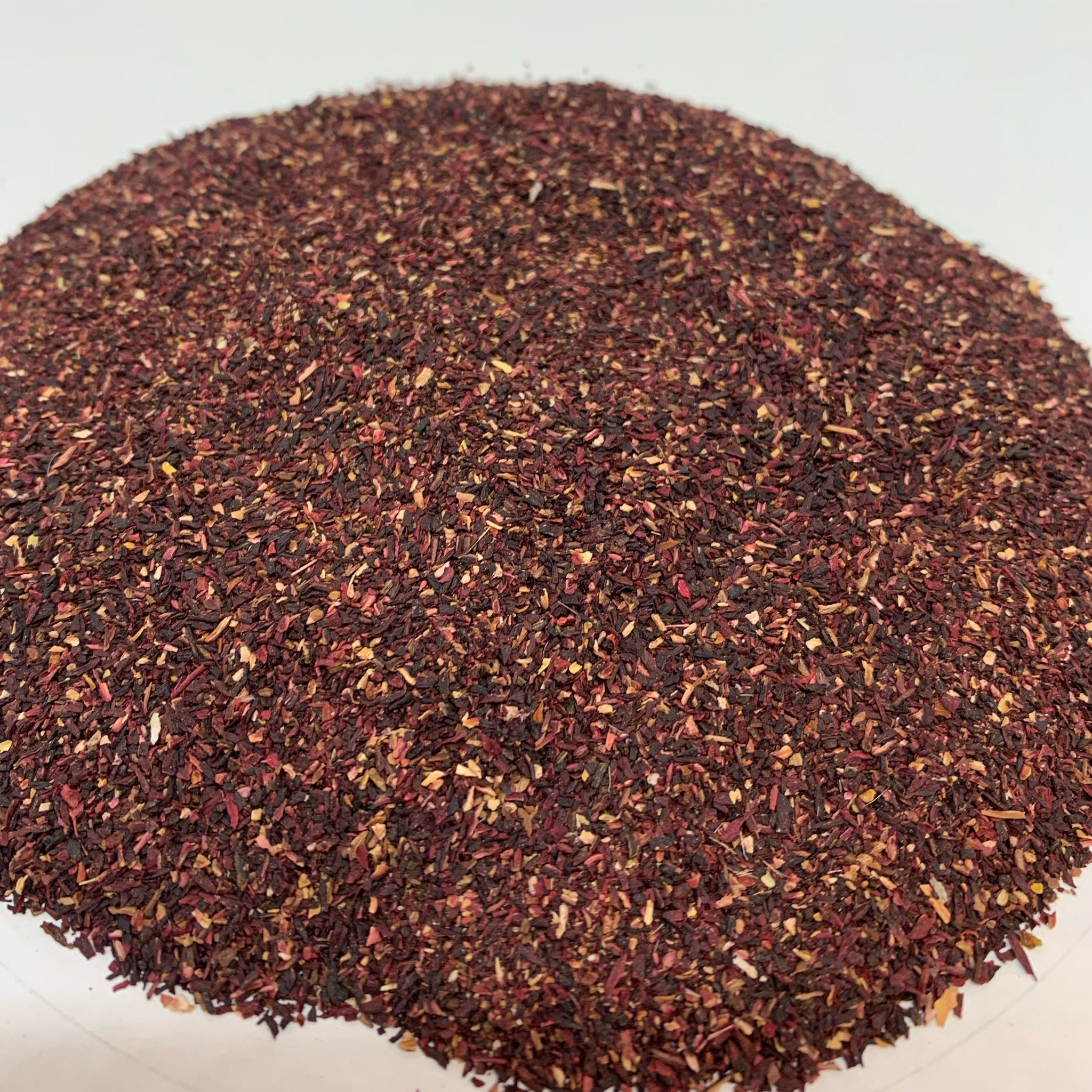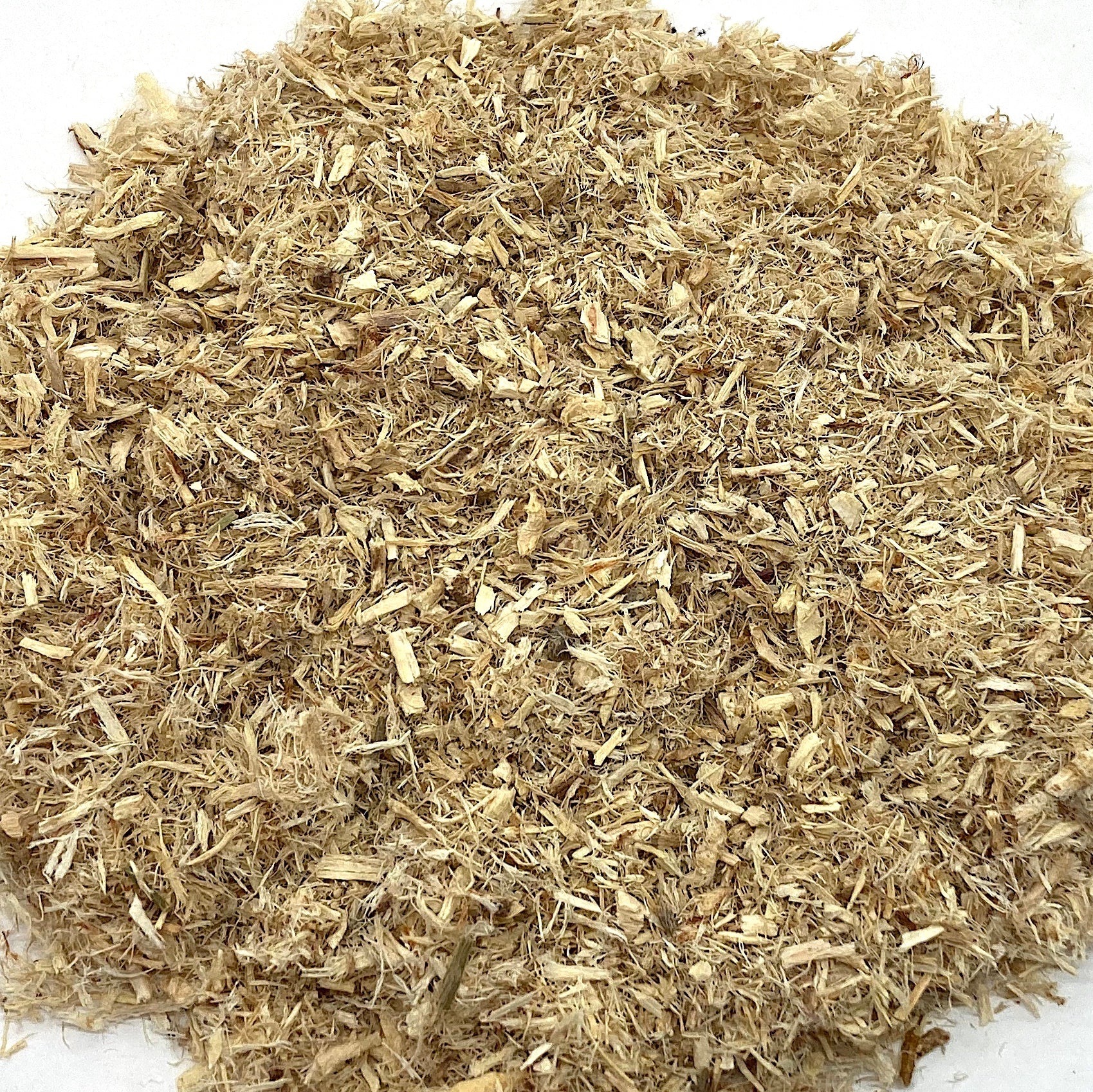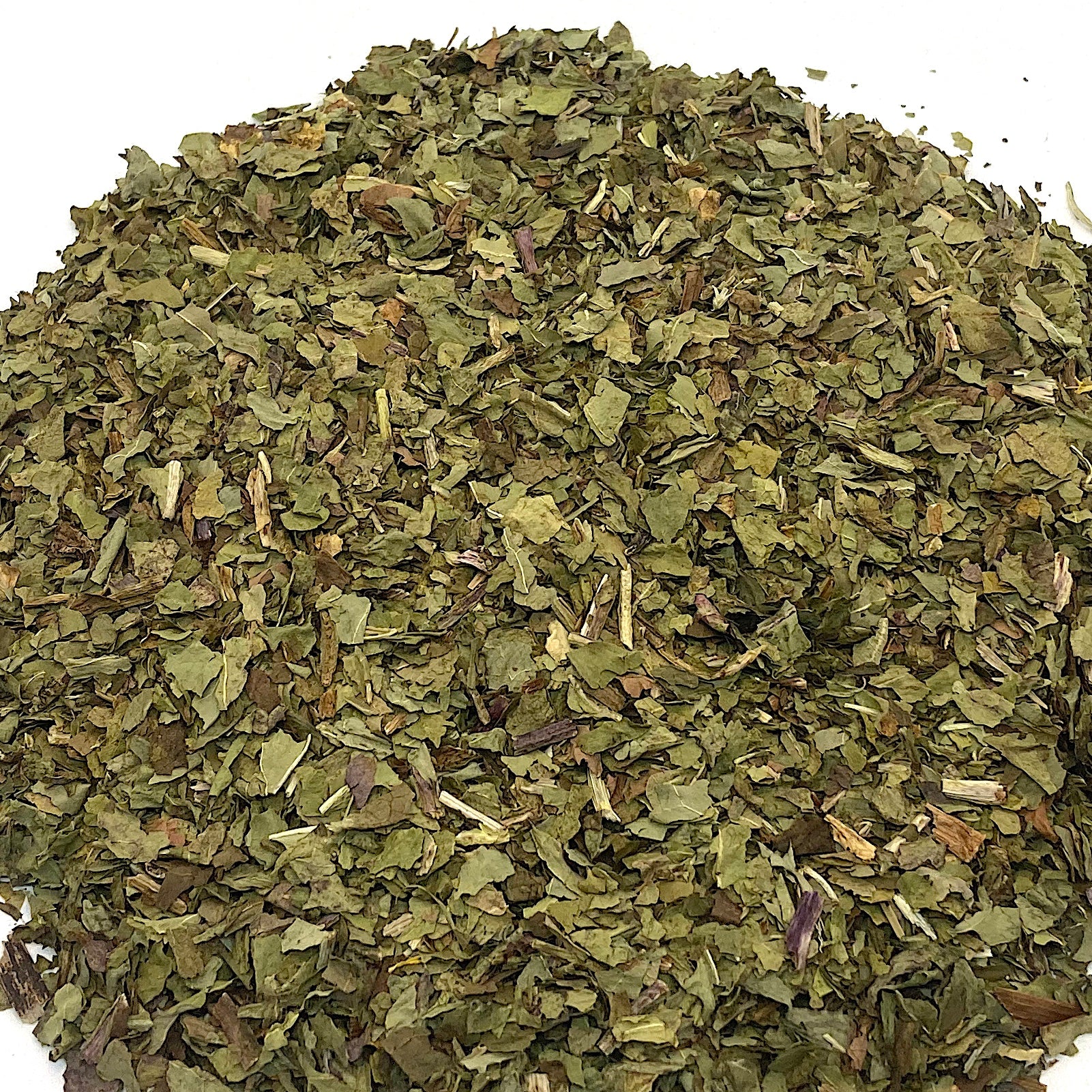Description
EGYPT. Fennel (Foeniculum vulgare) Seed, Whole, Certified Organic
Common names: Large Fennel, Sweet Fennel, Wild Fennel, Fenkel, Bitter Fennel, Garden Fennel, Hinojo, Hinojo de Castillo, Cilantrillo, Baudi Saunf, Hui Xiang
Family: Apiaceae
Fennel is believed to have originated on the shores of the Mediterranean but has become naturalized in many parts of the world, including temperate North America, northern Europe, Asia, and Australia. It’s found especially on dry soils in coastal areas, in pastures and open places, and along roadsides and rivers.
Fennel Seed has a very long history, and a very notable current role, as a spice and healing herb. In fact, a 2014 review article in BioMed Research International states that “Foeniculum vulgare remains… the most widely used herbal plant. It has been used for more than forty types of disorders.” The authors note its demonstrated “pharmacological properties such as antimicrobial, antiviral, anti-inflammatory, antimutagenic, antinociceptive [pain-relieving], antipyretic, antispasmodic, antithrombotic, apoptotic [regulating the death of damaged cells], cardiovascular, chemomodulatory, antitumor, hepatoprotective, hypoglycemic, hypolipidemic, and memory enhancing…”
It is probably best known as an herb that benefits digestion, relieving bloating and flatulence, easing spasms, reflux, constipation, and colic, and stimulating appetite. Its antispasmodic and anti-inflammatory properties can help to calm coughs, bronchitis, and asthma. The licorice-like flavor of Fennel Seed, related to the presence of anethole (also found in Anise and Star Anise) and estragole, makes it a popular ingredient in cooking—the bulbous root and leaves are also used in many dishes—and a welcome addition to many herbal blends. The seeds are often provided at the counter of Indian restaurants as a digestive aid and breath freshener.
Fennel Seed tea can be gargled for sore throat, gum disease, or loose teeth. It is a traditional remedy for weak vision, and is used as an ingredient in eyewashes for inflamed or swollen eyes.
Fennel is used in many cultures to enhance the flow of breast milk, has been prescribed to promote menstruation, and has a phytoestrogenic action. It is thus helpful for menopausal symptoms, menstrual cramps, and premenstrual breast pain.
Fennel contains volatile oils, flavonoids, coumarins, sterols, and is a rich source of protein, fiber, B vitamins, and several minerals including calcium, iron, magnesium, copper, zinc, and manganese. Like many active herbs, Fennel is generally quite safe in appropriate doses, but may cause toxic reactions in excessive amounts. Avoid medicinal doses of Fennel during pregnancy. Fennel may cause photosensitivity.
*These statements have not been evaluated by the FDA. These products are not intended to diagnose, treat, cure or prevent any disease.

